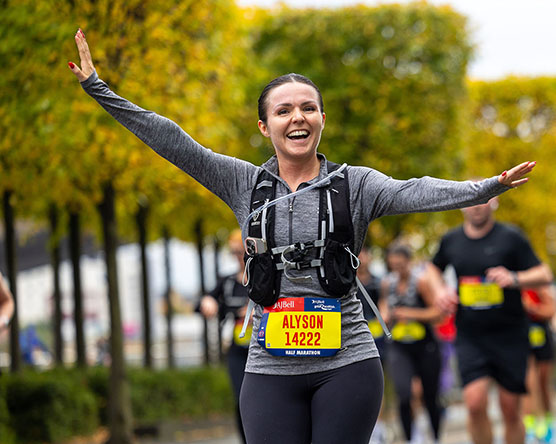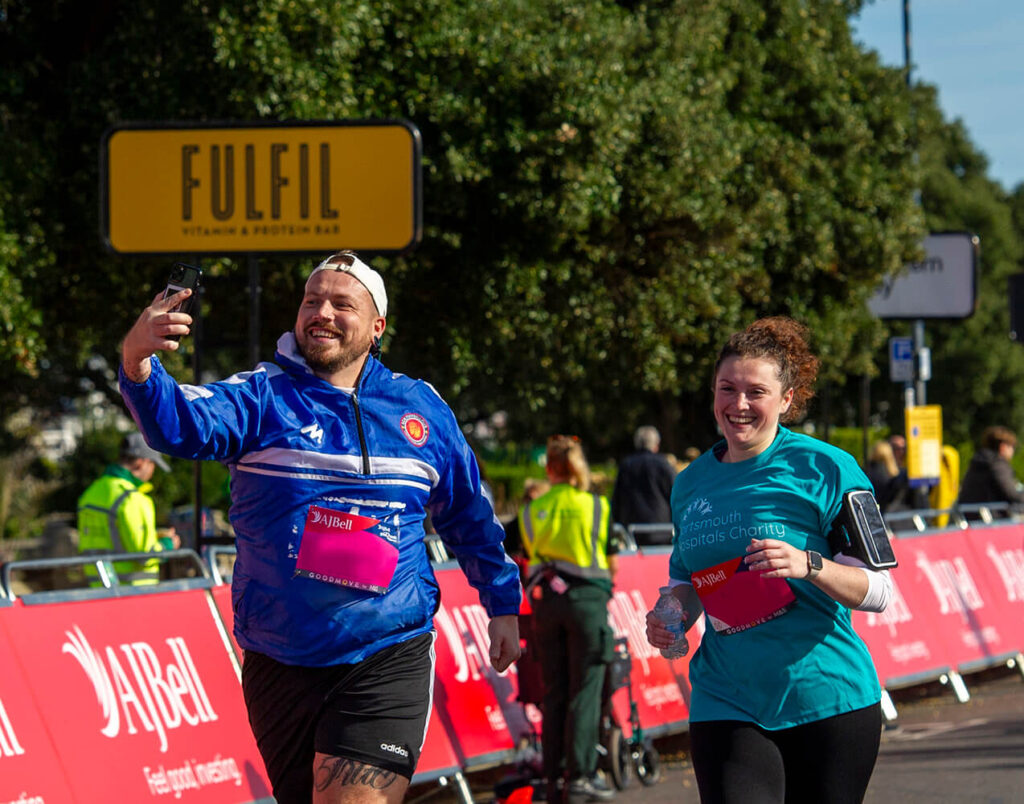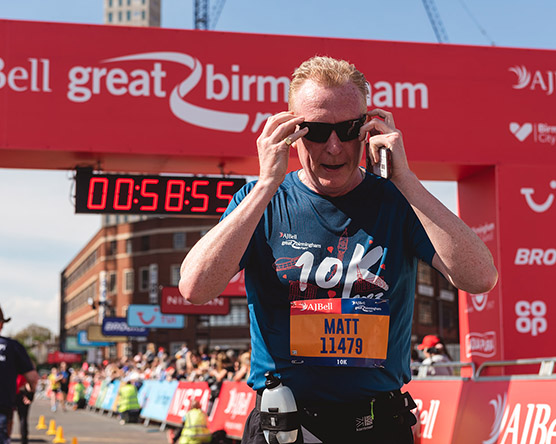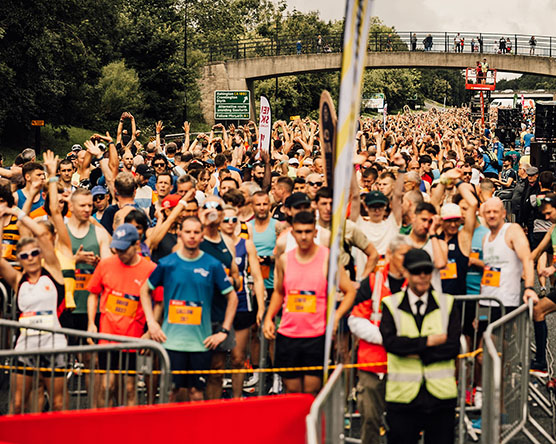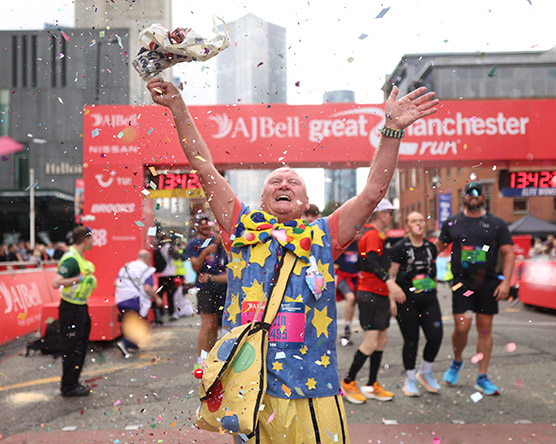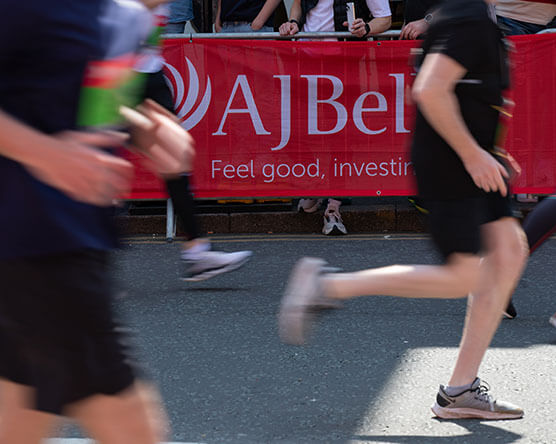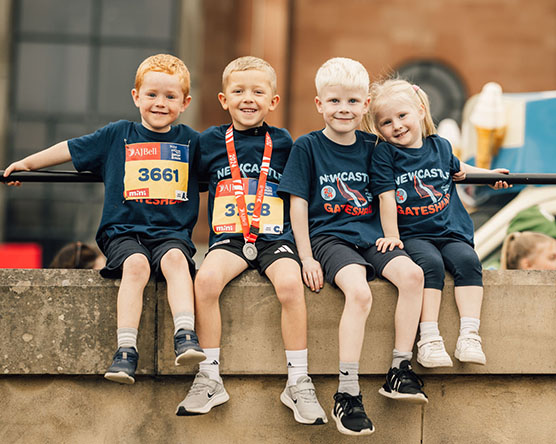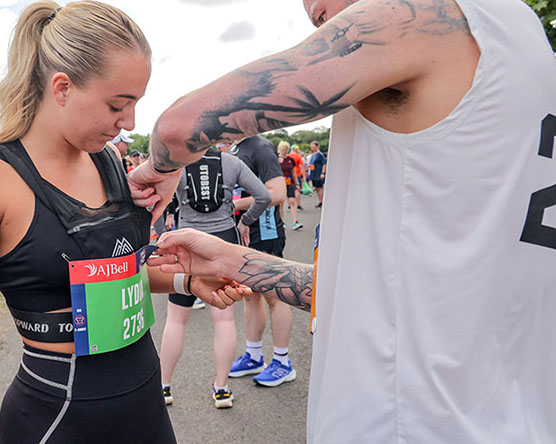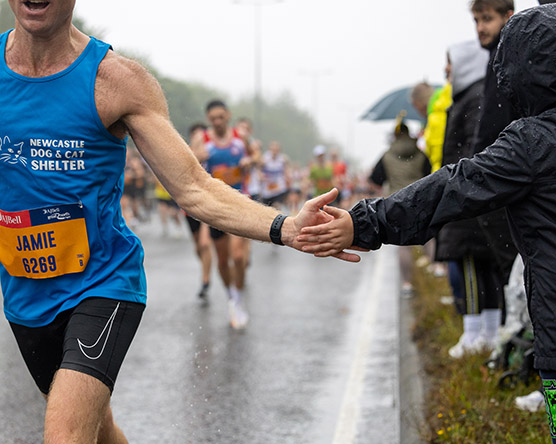Commonwealth Champion, record breaker and Great Run ambassador, Eilish McColgan understands firsthand how injury can get in the way of training and your running performance. We caught up with Eilish on how to come back from injuries, and how to get your mojo back for training!
Make it sociable
Following an injury, one of my top tips to getting back into training is to make it sociable. Whether that’s finding a couple of friends to go for a run or joining a local running club, running with others can give you motivation that you may be lacking after an injury. This will also give you the opportunity to talk to like-minded individuals who are likely to have been through something similar.
When you do get back into the swing of things, running with others gives you accountability and added pressure. When you know your pal is waiting for you on a Sunday morning in the horrendous weather and have forgone their long lie in to see you – you can almost bet your house that you’ll show up too. Often the miles clock by so much faster with a friend.
Taking it in your stride
Unfortunately, injuries are part and parcel of running as a sport and it’s something that athletes and regular runners face regularly. If you do become injured, try not to get despondent and understand that it happens to the best of us! Dependent on your injury and the professional advice you’ve been given, you might be able to still do light exercise – try to do this if you can as it will keep you in a routine for when you’re ready to get back into proper training.
Adjusting your training plan
Depending on your injury, it’s likely that you are required to rest for a period before getting back into running. When making the transition back to exercise, it’s important to adjust your training plan accordingly. Where you could once run for an hour in one go, you might find that you don’t have the fitness levels to do this anymore. Build yourself up slowly, for example with a run/walk training plan and go from there – having training sessions that are achievable for you will be more motivating too. You’ll eventually build up your stamina and get back to your pre-injury pace, but be patient.
Listen to your body
Although niggles and injuries can be frustrating when they crop up ahead of race day, and you might be tempted to power through, it’s important to listen to your body. Running when you’re not fully ready to come back from an injury can cause further problems too and lead you to be out of sport for longer. Instead, rest up and get ready for the next one. This is also important when training in general, if you can feel an injury coming on, rest and recover before continuing.
We have a range of Great Run training plans written by Eilish McColgan that covers all abilities, including those designed for those who want to run/walk. Discover these training plans and more blog entries here.




